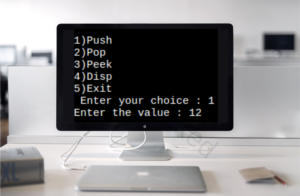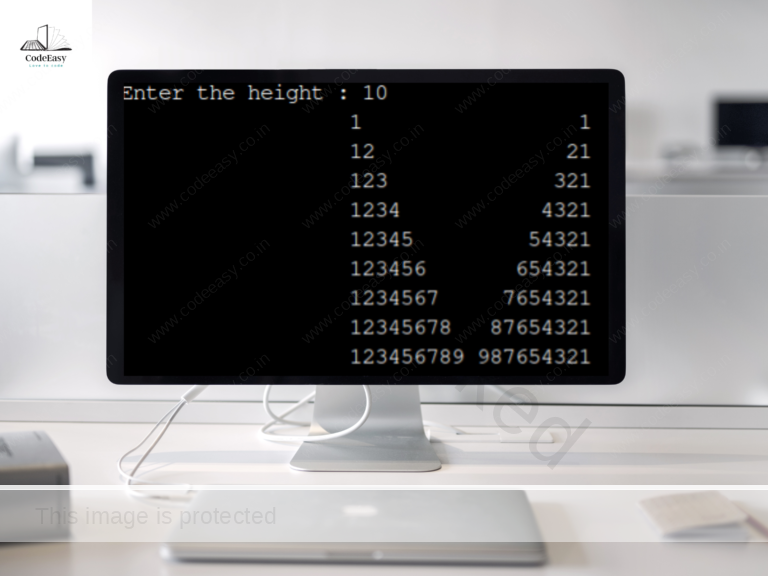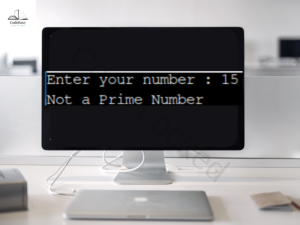Code for implementing Circular Queue
This code is designed for implementing all the functions available in Circular Queue. In this code structure is used for maintaining the approach. As we know Queue follows FIFO concept, so here we have designed Enqueue() and Dequeue() functions as per the concept. We have used structure type pointer as parameter in the above mentioned functions. We have used the easiest way to implement all the functions in Circular Queue.
For Such more codes click here and for video tutorial click here.
#include<stdio.h>
#include<stdlib.h>
#define max 5
typedef struct Queue {
int val[max];
int rear, front;
}
qu;
void enque(qu * , int);
int deque(qu * );
int peek(qu);
int isempty(qu);
int isfull(qu);
void disp(qu);
void main() {
qu q;
int g, v;
q.rear = q.front = -1;
while (1) {
printf("\n1) Insert\n2) Delete\n3) Peek\n4) Display\n5) Exit");
printf("\n Enter your choice :");
scanf("%d", & g);
switch (g) {
case 1:
printf("\n Enter the value");
scanf("%d", & v);
if (!isfull(q))
enque( & q, v);
else
printf("\nNo more space");
break;
case 2:
if (!isempty(q))
printf("\nDeleted element is %d", deque( & q));
else
printf("\nNothing to delete");
break;
case 3:
if (!isempty(q))
printf("\n value at front %d", peek(q));
else
printf("\n Nothing in the front");
break;
case 4:
if (!isempty(q)) {
printf("\nValues int queue : ");
disp(q);
} else
printf("\nNothing to display");
break;
case 5:
exit(0);
default:
printf("\n wrong choice");
}
}
}
void enque(qu * q, int p) {
if (q -> rear == -1)
q -> rear = q -> front = 0;
else if (q -> rear == max - 1)
q -> rear = 0;
else
q -> rear++;
q -> val[q -> rear] = p;
}
int deque(qu * q) {
int g;
g = q -> val[q -> front];
if (q -> front == q -> rear)
q -> rear = q -> front = -1;
else if (q -> front == max - 1)
q -> front = 0;
else
q -> front++;
return g;
}
int peek(qu q) {
return q.val[q.front];
}
int isempty(qu q) {
if ((q.front == -1 && q.rear == -1))
return 1;
else
return 0;
}
int isfull(qu q) {
if ((q.front == 0 && q.rear == max - 1) || q.front == q.rear + 1)
return 1;
else
return 0;
}
void disp(qu q) {
int i;
if (q.front > q.rear) {
for (i = q.front; i <= max - 1; i++)
printf("%d,", q.val[i]);
for (i = 0; i <= q.rear; i++)
printf("%d,", q.val[i]);
} else
for (i = q.front; i <= q.rear; i++)
printf("%d,", q.val[i]);
}




